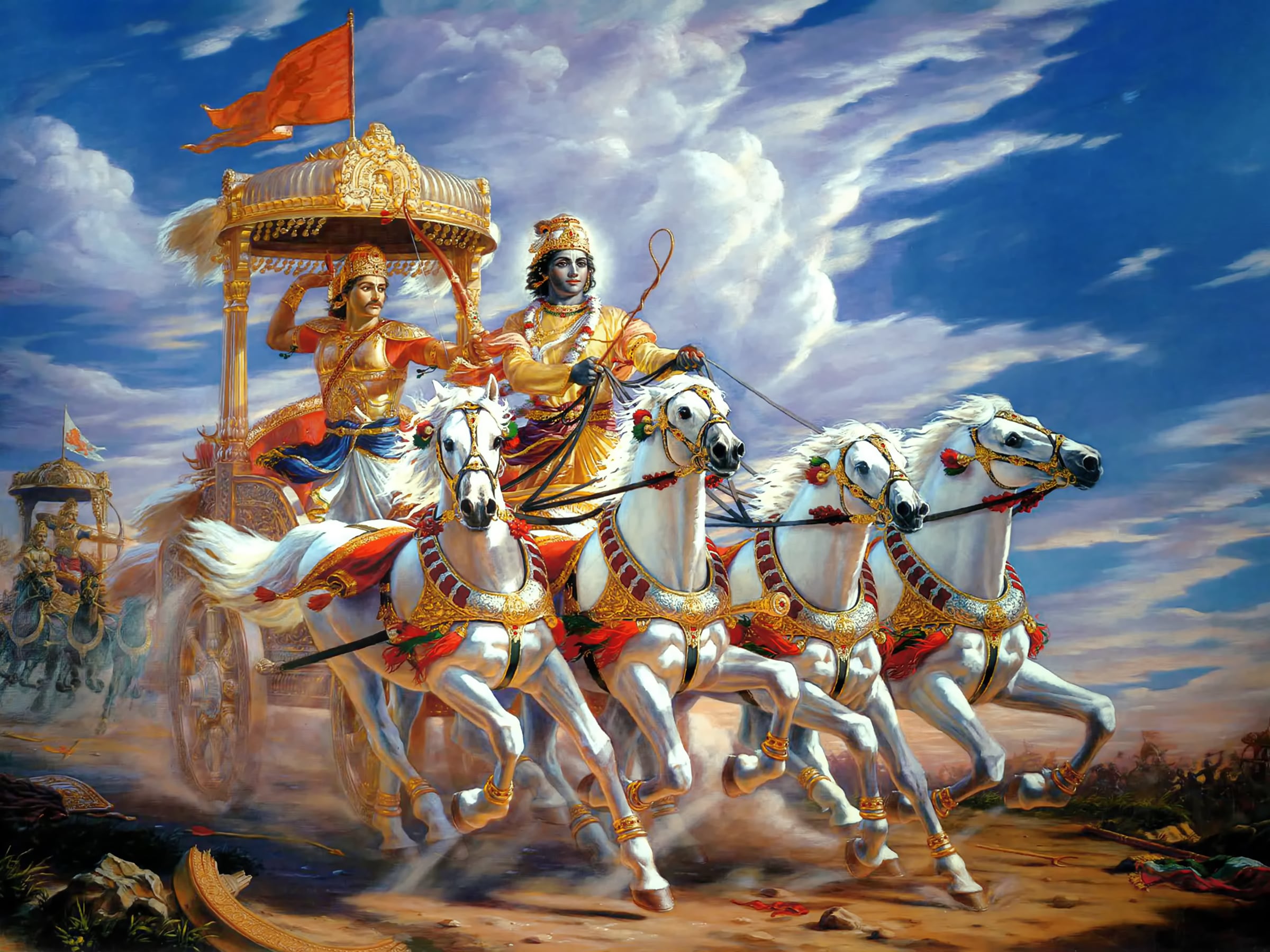Concentrate on your work don’t worry about the result.
If you want to achieve success in anything you do, it is important to remain focused and not worry about the outcome. If you are constantly worrying about whether or not you will succeed, you are more likely to make mistakes and ultimately fail. Instead, concentrate on doing your best and trust that the results will take care of themselves.
Do not be afraid.
Don’t be afraid. Being afraid is natural, but it’s important to face your fears. You can’t be afraid of everything, and you can’t let your fears control you. face your fears head-on, and you’ll be surprised at what you can accomplish.
Anger makes you deceptive.
When you’re angry, you’re not thinking clearly. You might say things you don’t mean or do things you wouldn’t normally do. This can be deceptive to the people around you, especially if you’re angry at them. It’s important to try to stay calm and constructive when communicating with others, even if you’re feeling angry.
Do not doubt.
Do not doubt. The more you doubt, the more you will find things to doubt. When you have doubts, it is best to ask questions and get clarification. Doubting yourself will only lead to more doubts and will eventually hold you back from achieving your goals.
Always keep control.
It is important to always keep control. This means being in control of your emotions, your body, and your situation. When you are in control, you are able to make the best decisions for yourself and those around you. Keep control and stay in charge of your life.
Control your desires.
In order to be successful in life, it is important to be able to control your desires. This means being able to resist temptation and focus on your goals. When you are able to do this, you will be more likely to achieve your goals and be successful in life.
Whatever happens, happen for good.
Things happen for a reason and even though we may not always understand why something happens, we have to trust that it happens for our greater good. Everything that happens, happens for a reason even if we don’t always see or understand that reason. So, when something bad happens, we have to trust that it’s happening for a good reason even if we can’t see it at the time.
Do not run away from responsibility.
Do not run away from responsibility. It is better to face it head on. Otherwise, it will only come back to haunt you. Be brave and take on whatever responsibility is thrown your way.
You are born empty-handed you have to leave this earth empty-handed.
You come into this world with nothing, and you leave with nothing. It’s a simple fact of life that we are all born empty-handed and we will all die empty-handed. We spend our lives acquiring things – possessions, relationships, knowledge – but in the end, we take none of it with us. It can be a depressing thought, but it’s also a reminder of how precious and fleeting life is. We should make the most of the time we have, because it will eventually come to an end.
Anger and greed are destructive.
Anger and greed are destructive. They lead to division and conflict, and can destroy relationships. They can also lead to poor decision-making, and can result in people making choices that are not in their best interests.
The Bhagavad Gita, also known as the Gita, is a sacred text in Hinduism and is considered one of the most important texts in Indian philosophy. It is a conversation between the warrior prince Arjuna and the god Krishna, in which Krishna imparts wisdom and guidance to Arjuna on how to live a meaningful and fulfilling life. The Gita is full of valuable lessons and teachings that can be applied to our modern lives, and here are some of the most important ones:
- The importance of duty: The Gita teaches that every individual has a specific duty or role to play in society, and that it is important to fulfill that duty to the best of our ability. This means that we should not shirk our responsibilities or avoid our duties, but instead approach them with a sense of purpose and commitment.
- The power of detachment: The Gita teaches that true happiness and fulfillment can only be achieved when we are detached from the outcome of our actions. This means that we should not be too attached to the fruits of our labor, and instead focus on the process of doing our best.
- The importance of self-control: The Gita teaches that self-control is essential for leading a virtuous and fulfilling life. This means that we should strive to control our thoughts, emotions, and actions and avoid being controlled by our desires and passions.
- The nature of the self: The Gita teaches that the true self is eternal and unchanging, and that it is separate from the body and mind. This means that we should strive to understand our true nature and to detach ourselves from the temporary and fleeting aspects of life.
- The nature of the ultimate reality: The Gita teaches that the ultimate reality is the absolute and ultimate reality that pervades all things and is the source of all being. This means that we should strive to understand the ultimate reality and to align our actions and thoughts with it.
- The importance of devotion: The Gita teaches that devotion to God is essential for attaining ultimate knowledge and liberation. This means that we should strive to develop a deep and sincere devotion to God and to align our lives with His will.
- The importance of yoga: The Gita teaches that yoga is the means by which we can attain ultimate knowledge and liberation. This means that we should strive to practice yoga and to develop a deep understanding of its principles and practices.
- The importance of wisdom: The Gita teaches that wisdom is the means by which we can attain ultimate knowledge and liberation. This means that we should strive to develop wisdom and to use it to guide our actions and thoughts.
- The Gita also emphasizes the importance of karma, the law of cause and effect, and how our actions have consequences. It teaches that we are responsible for our own actions and that we should strive to act with integrity and to avoid negative actions that can lead to negative consequences.
- The Gita also stresses the importance of non-violence and compassion towards all beings. It teaches that all living beings are interconnected and that violence towards any living being ultimately harms oneself.
- In the Gita, Lord Krishna also emphasizes the importance of surrendering to the divine and letting go of ego. By surrendering to a higher power and letting go of our ego and attachment, we can find true inner peace and contentment.
- Additionally, the Gita teaches about the importance of balance in life. Lord Krishna emphasizes the importance of balancing our material and spiritual pursuits, and not becoming too attached to either one. It also teaches about balancing action and inaction, and understanding when it is necessary to take action and when it is best to remain still.
- Lastly, the Gita teaches about the importance of equanimity, the ability to maintain balance and composure in the face of life’s challenges and ups and downs. It encourages the reader to develop inner strength and peace by detaching oneself from the external circumstances and focusing on the inner self.
- Overall, the Bhagavad Gita offers valuable lessons on how to lead a meaningful and fulfilling life. By following its teachings, we can strive to fulfill our duties, detach ourselves from the fruits of our actions, develop self-control, understand our true nature, align ourselves with the ultimate reality, cultivate devotion and wisdom, and find inner peace and equanimity. The Gita’s teachings can serve as a guide for individuals on their spiritual journey and help them to navigate the complexities of life with a sense of purpose, balance, and inner peace.




